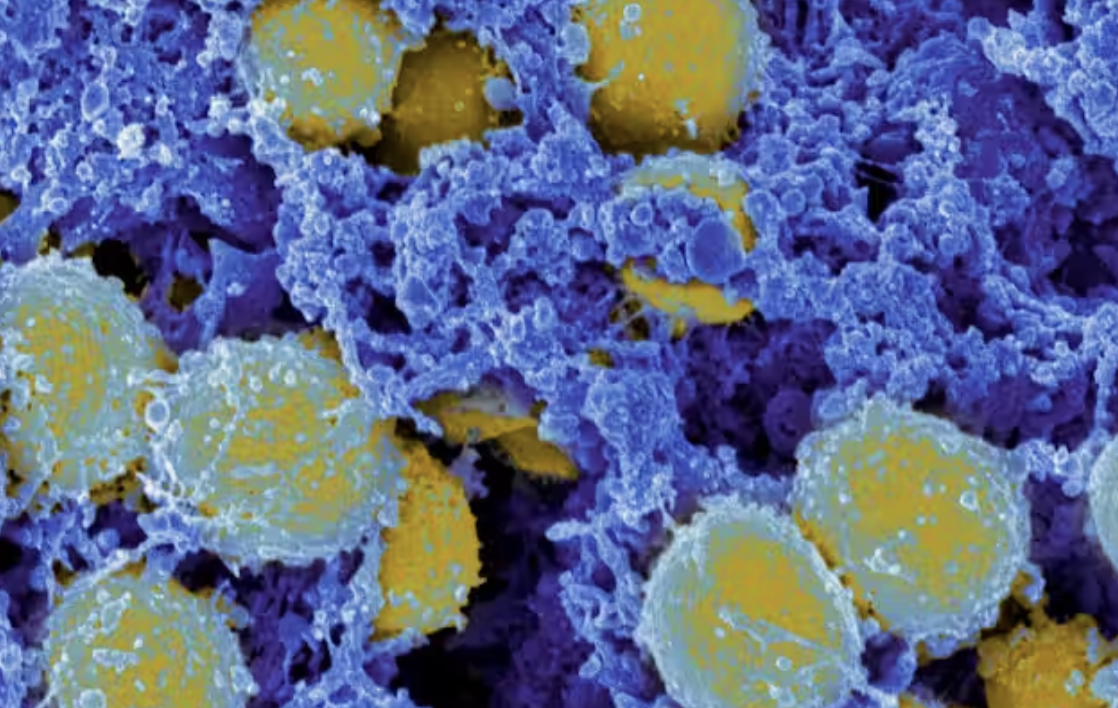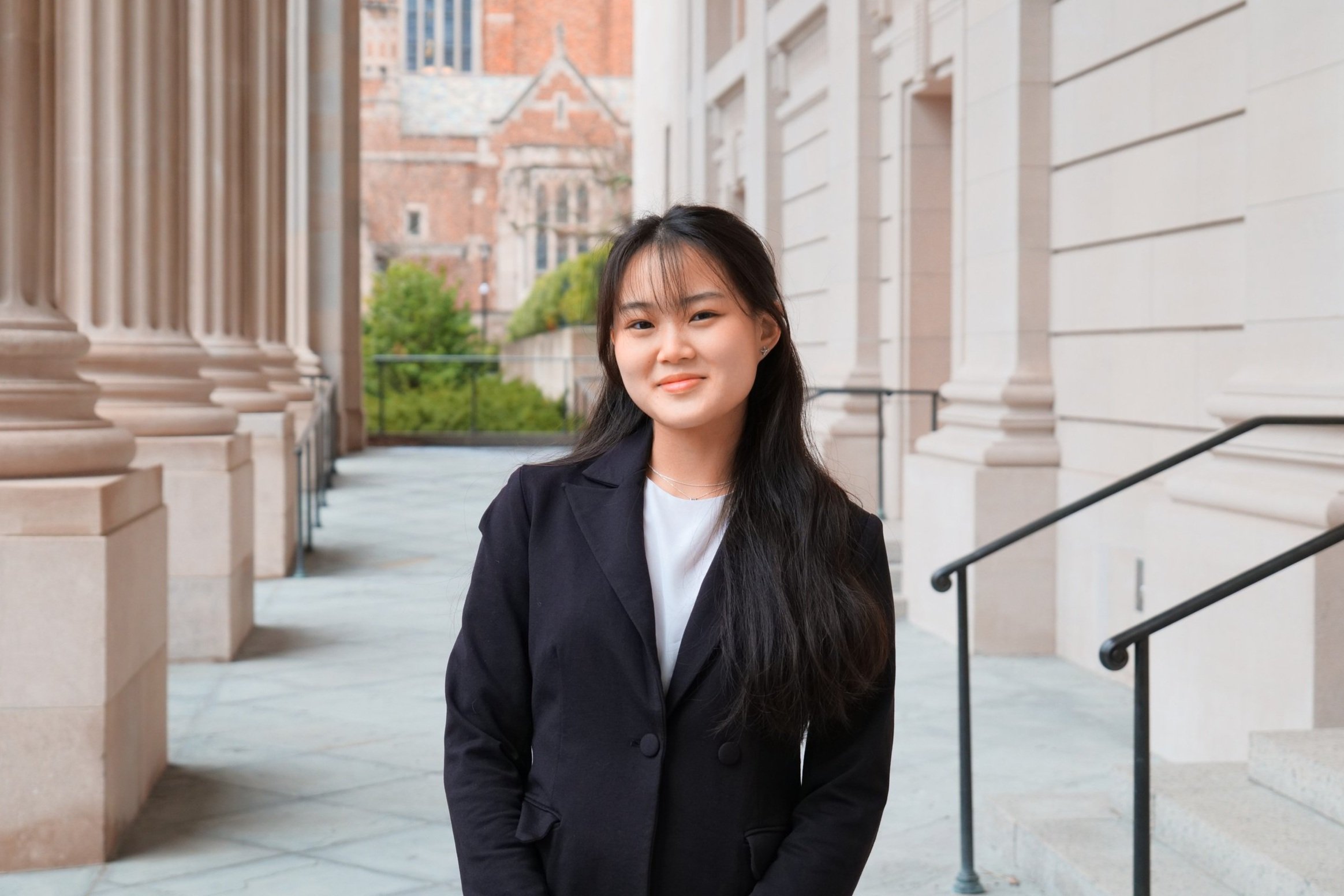
International Commission on Antimicrobial Pandemics
Committee description:
ADVANCED COMMITTEE
The year is 2040, and the world is teetering on the edge of an apocalypse, soon to be put into motion by an invisible yet unstoppable force: superbugs. Humanity’s overuse of antibiotics, combined with a disjointed global response, has accelerated microbial evolution beyond our control. Antimicrobial resistance (AMR) — a phenomenon where bacteria, viruses, and other pathogens are able to withstand and overpower the medicines once used to eliminate them –– is worsening and predicted to cause over 10 million deaths by 2050. As pathogens continue to mutate, outbreaks spread faster than policy can contain them. The International Commission on Antimicrobial Pandemics (ICAP) has been convened as a last-ditch effort, gathering scientists, health ministers, corporate leaders, and world powers alike. In the face of future pandemics and geopolitical struggles, delegates will have to find innovative policies and resolutions that can stimulate both collaborative scientific research and equitable distribution of resources against an impending apocalypse.
Topic 1: The Race for a Cure -- Accelerating Antimicrobial Research and Drug Development
While the threat is imminent, it is not yet inevitable. The ICAP must do all that it can to find a countermeasure before it’s too late. Delegates must act decisively to fast-track scientific research and innovation, advancing policies that reduce barriers without removing safeguards, invest in talent but still ensure equity, and enable a swift, coordinated response worldwide. Will gene editing and AI-designed compounds save us or break us? How do we mobilize funding and international collaboration effectively? What role should the private sector play in a crisis of this scale? And, most importantly, will we make it in time?
Topic 2: Preparing for the Apocalypse -- Strengthening Pandemic Preparedness and Response
Either the ICAP succeeds in producing a cure, or it fails and the world must brace for the worst. In either scenario, the Commission must shift its focus to long-term survival. Delegates will be tasked with designing scalable preparedness frameworks, strengthening healthcare infrastructure, and coordinating global response protocols to suppress rapidly mutating pathogens and mass casualty events. How should limited resources be distributed in an era of scarcity? What does containment look like when disease sees no borders? Can global cooperation hold up under pressure, or will desperation fracture the system? Each decision will determine whether humanity adapts… or falls.
ABOUT YOUR DIRECTOR:
ZOEY DUAN
Zoey Duan (she/her) is a current senior in Jonathan Edwards College, studying Global Affairs, Global Health Studies, and Statistics and Data Science. She is so excited to get to know all each and every delegate at YMUN South Asia this fall! Zoey has previously served as USG of Outreach/Director for YMUN Taiwan X and Director-General of Operations for YMUN Korea XII. Outside of YMUN, she conducts medical research with Johns Hopkins Medicine, policy research with the Next Frontier Seminar, and quality improvement as a director for Yale's student-run primary health clinic, Haven Free Clinic. In her free time, she loves listening to sad ballads and true crime podcasts, pretending to study at cafes, and playing games (Monopoly Deal!) with friends. You can reach out to her at zoey.duan@yale.edu for any questions!

